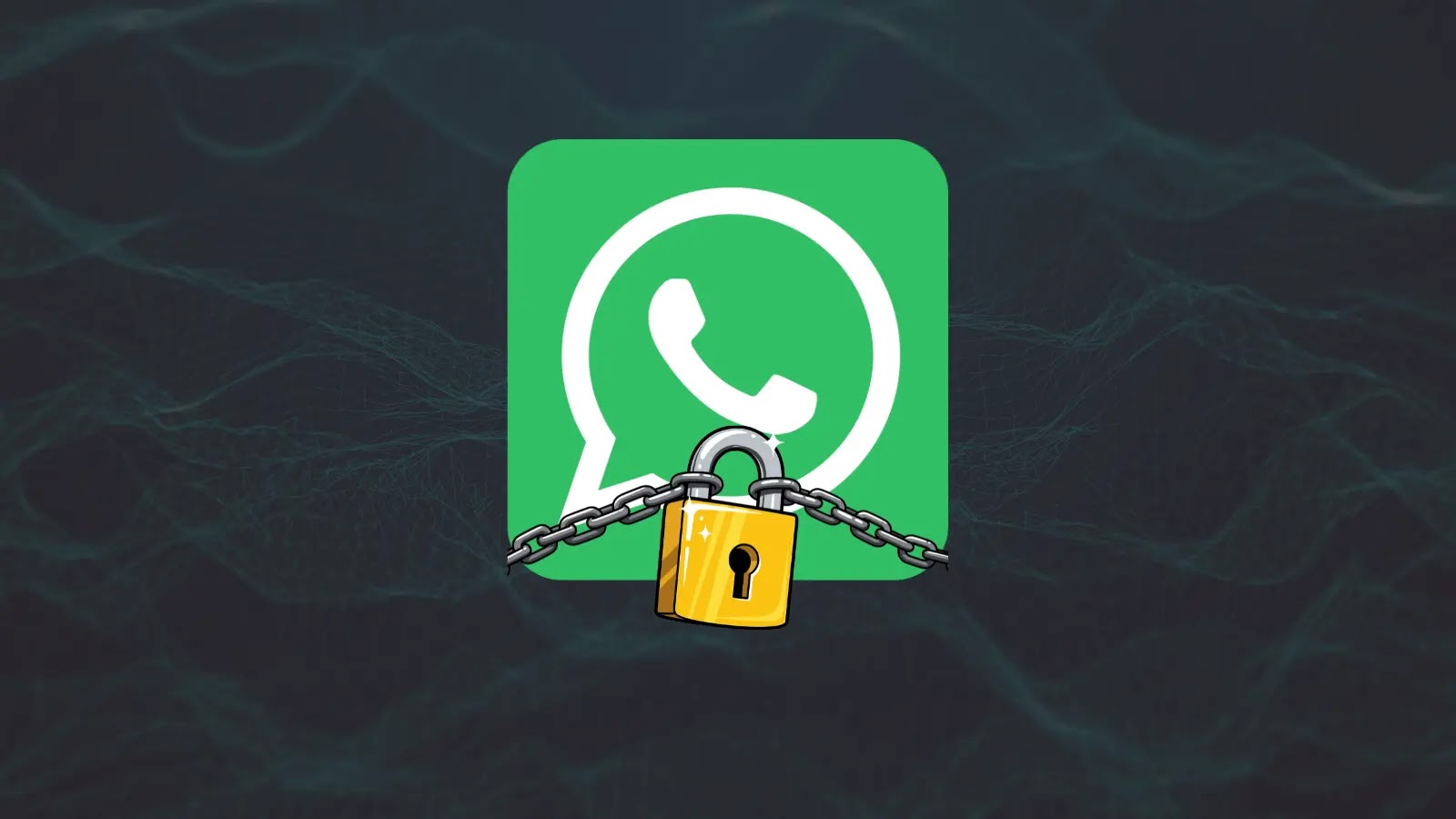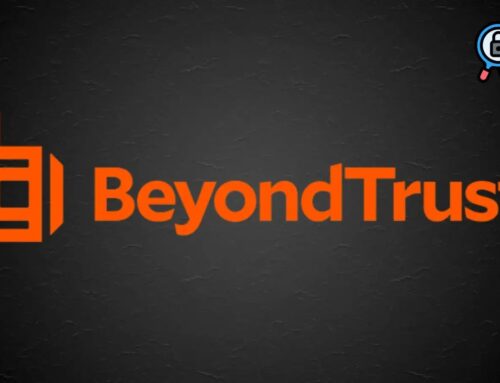
WhatsApp Introduces Passkey Encryption for Enhanced Chat Message Backup Security
In an era where digital conversations are increasingly intimate and essential, securing our chat histories has become a paramount concern. WhatsApp, a ubiquitous messaging platform, recently rolled out a significant enhancement to its security posture: passkey-encrypted backups. This move simplifies the safeguarding of invaluable exchanges without imposing the burden of complex password memorization, offering a more robust and user-friendly approach to data protection.
Understanding WhatsApp’s New Passkey Encryption
WhatsApp’s introduction of passkey encryption for chat backups marks a pivotal step in user data security. This feature, announced on October 29, 2023, as detailed by Cyber Security News, enables users to protect their end-to-end encrypted chat backups using modern authentication methods. Instead of relying on a recovery password, which can be forgotten or compromised, users can now leverage biometric authentication such as fingerprints, facial recognition, or their device’s screen lock. This integration offers a seamless and highly secure method for accessing chat histories, particularly after device loss or when transitioning to a new device.
The core benefit lies in the simplification of security. Traditional password-based backups often lead to weak, reused passwords or forgotten credentials, undermining the very security they are intended to provide. Passkeys, by contrast, offer a cryptographically secure alternative, intrinsically linked to the user’s device and biometric data, making them significantly harder to exploit.
How Passkeys Enhance Data Protection
Passkeys represent a fundamental shift in authentication practices, moving away from shared secrets (passwords) to public-key cryptography. When a user enables passkey encryption for their WhatsApp backups, a unique cryptographic key pair is generated. The public key is registered with WhatsApp’s servers, while the private key remains securely stored on the user’s device, protected by their biometric data or device lock. During the authentication process, the device uses the private key to prove identity without ever transmitting the key itself, thus preventing common attack vectors like phishing and brute-force attempts.
This method significantly mitigates risks associated with data breaches, as even if a server were compromised, the stolen public keys alone would be insufficient to decrypt user backups without access to the corresponding private keys on the user’s authenticated device. The implementation by WhatsApp ensures that these backups remain end-to-end encrypted, meaning only the user and their designated recipient can access the content of their messages, now with an added layer of security for the backup itself.
The User Experience: Seamless and Secure Access
A critical advantage of passkey integration is the enhanced user experience. Users are no longer burdened with the responsibility of memorizing complex alphanumeric strings. The process of restoring chat history becomes as simple as authenticating with a fingerprint, face scan, or device PIN. This not only streamlines the recovery process but also encourages more users to adopt secure backup practices, knowing that convenience is not sacrificed for security.
Consider a scenario where a user loses their phone. Previously, recovering their WhatsApp chat history required recalling a specific encryption password, a task easily forgotten under stress. With passkeys, the user can acquire a new device, connect it to their WhatsApp account, and authenticate using their biometric data or device lock credentials, seamlessly restoring their encrypted backup. This convenience is particularly valuable for users who frequently upgrade devices or rely heavily on their digital communication history.
Implications for Cybersecurity and User Trust
WhatsApp’s adoption of passkey encryption sets a precedent for other platforms handling sensitive user data. It signals a move towards stronger, more user-friendly security mechanisms that align with modern cryptographic standards. For cybersecurity professionals, this enhancement reduces the attack surface associated with password management and improves overall data integrity for individual users.
The continuous improvement of security features, particularly those that simplify secure practices for the end-user, builds significant trust. In an era rife with data breaches and privacy concerns, platforms that prioritize user security through innovative and accessible solutions will gain a competitive edge and foster greater confidence among their user base.
Conclusion
WhatsApp’s integration of passkey encryption for chat message backups represents a substantial leap forward in user data protection. By leveraging biometric authentication and device screen locks, the platform has made it easier and more secure for users to safeguard their invaluable chat histories. This move not only fortifies the end-to-end encryption already in place but also sets a new standard for convenient and robust security within mass-market communication applications. It underscores a commitment to evolving security practices that prioritize both user protection and ease of use, ensuring that our digital conversations remain private and accessible only to us.





